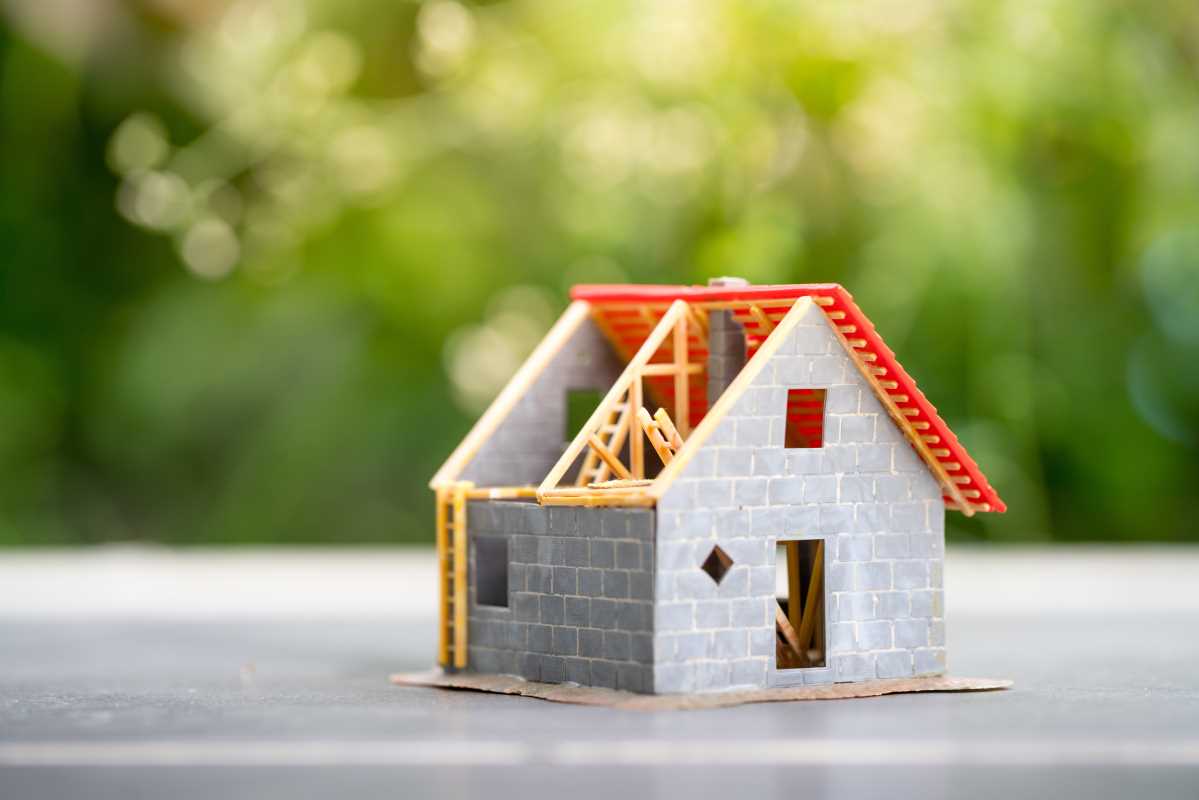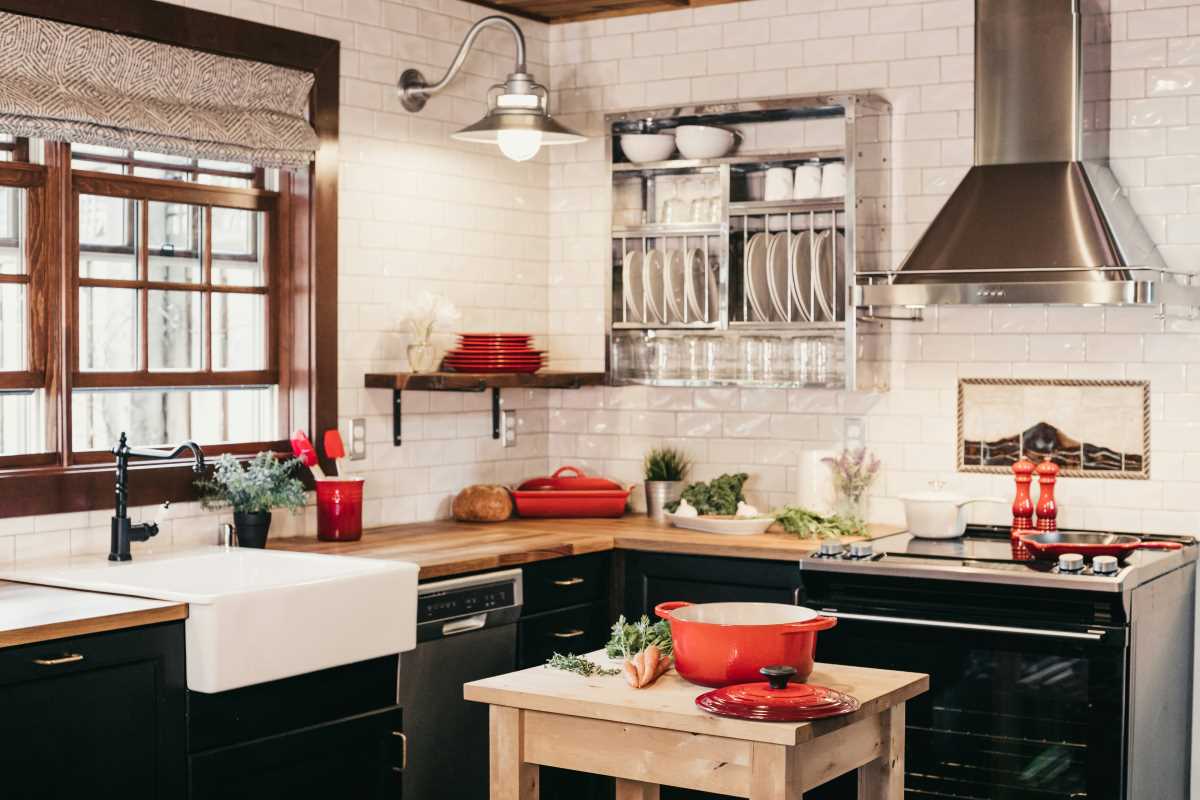Renovating a home is an exciting project that can breathe new life into your living space. However, without proper planning and foresight, costly errors can quickly derail your renovation dreams. Understanding common pitfalls can help you avoid unnecessary expenses and stress during the renovation process. Here are some key errors to watch out for during home renovations:
Overlooking Budget Planning:
Creating a realistic budget is essential for a successful home renovation project, as it sets the foundation for all planning, decision-making, and execution. Begin by outlining the main areas of focus in your renovation, estimating costs for materials, labor, and any specialty work required. Research current prices, as they can vary widely based on factors like supply chain fluctuations, material availability, and location. Once you have your base budget, remember to account for unexpected expenses that often arise in renovations—surprises like hidden water damage, outdated wiring, or structural issues can add up quickly if not anticipated.
Experts recommend setting aside an additional 10-20% of your overall budget as a buffer for these unplanned expenses. This emergency fund allows for flexibility and minimizes the stress of having to secure additional funding or cut corners if unexpected costs occur. Additionally, maintaining an organized record of all expenses, receipts, and invoices throughout the project helps you stay on track and identify where adjustments can be made without compromising quality.
Considering the potential for delays or added costs also emphasizes the importance of selecting reputable contractors and clear contracts. Transparency and communication with contractors can prevent misunderstandings and ensure that the project progresses smoothly, while a well-planned budget helps keep your renovation both enjoyable and financially manageable.
Ignoring Proper Permits:
Skipping the permit process may seem like a time-saving strategy, but it can lead to significant legal and financial consequences. Obtaining the necessary permits ensures that your renovations comply with building codes and regulations, protecting your investment and safety in the long run.
Hiring Unqualified Contractors:
Selecting a contractor based solely on the lowest bid often leads to compromised workmanship, missed deadlines, and costly repairs in the future. While budget constraints are natural, quality should never be sacrificed for a seemingly attractive price. Reputable contractors may have higher bids, but this often reflects their investment in skilled labor, high-quality materials, and efficient project management.
Start by thoroughly researching potential contractors. Look at online reviews, portfolios, and ratings on verified sites like the Better Business Bureau or local contractor associations. Request and check references from previous clients to gauge the contractor's reliability, communication, and ability to meet deadlines. Speaking with past clients can offer valuable insight into the contractor’s work ethic and attention to detail.
Verifying credentials is equally important. Ensure that the contractor is licensed, bonded, and insured, as these factors protect you in case of property damage or injury during the project. Skilled contractors will also provide a written contract detailing project scope, timeline, costs, and warranties, which is essential for accountability. If possible, meet with the contractor in person before signing any agreements. This allows you to discuss expectations, ask about experience with similar projects, and determine if their communication style aligns with your preferences.
Underestimating Timeline:
Underestimating the time required to complete a renovation project can disrupt your daily routine and lead to frustration. An accurate timeline should consider factors such as material availability, contractor schedules, and unexpected delays. Building in extra time for unforeseen circumstances can help manage expectations and reduce stress.
Neglecting Design Details:
Focusing solely on the big picture and neglecting design details can impact the overall aesthetic and functionality of your renovated space. Consider elements such as lighting, storage solutions, and material choices to enhance the beauty and usability of your home. Investing time in thoughtful design decisions can elevate the final outcome of your renovation project.
Opting for cheaper materials to reduce costs may seem like a smart financial move, but it can lead to inferior quality and frequent replacements in the future. Investing in durable and high-quality materials, such as flooring, countertops, and fixtures, can add value to your home and minimize long-term maintenance expenses.
By being mindful of these common errors and taking proactive measures to address them, you can navigate your home renovation project with confidence and avoid unnecessary setbacks. Planning, communication, and attention to detail are key components in achieving a successful renovation that enhances the comfort and beauty of your home for years to come.







